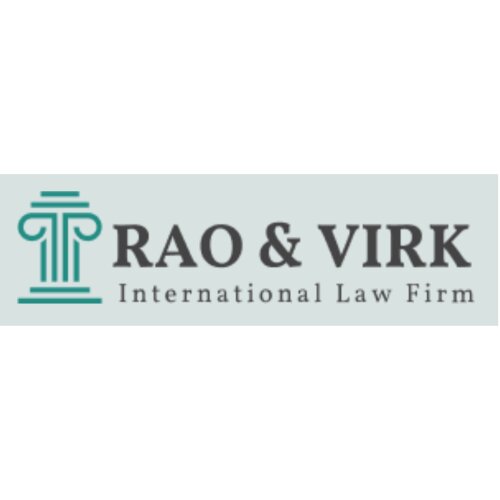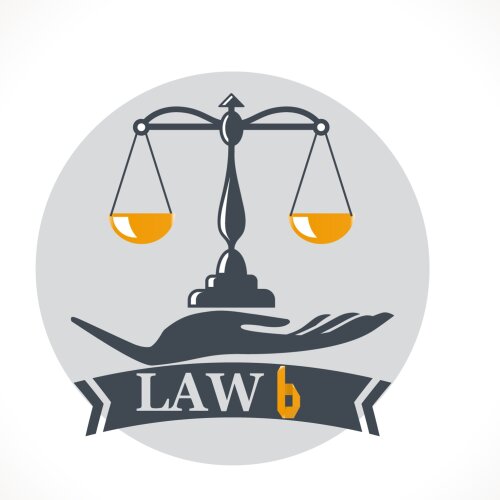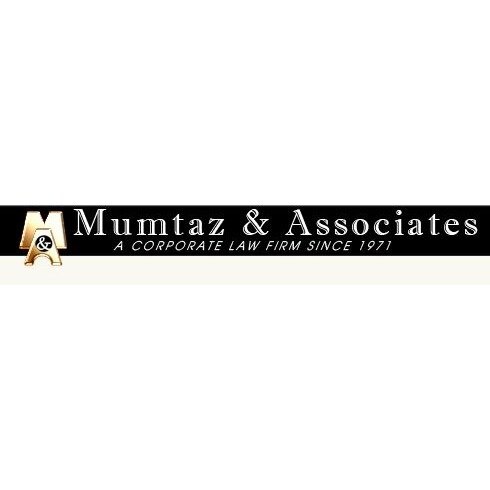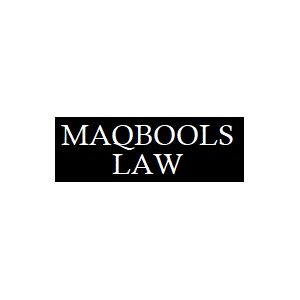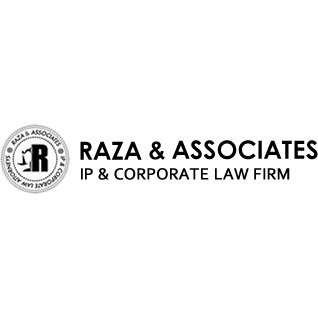Best Copyright Lawyers in Pakistan
Share your needs with us, get contacted by law firms.
Free. Takes 2 min.
Or refine your search by selecting a city:
List of the best lawyers in Pakistan
About Copyright Law in Pakistan
Copyright law in Pakistan is governed primarily by the Copyright Ordinance, 1962, and its subsequent amendments. It provides creators of original works, such as literature, music, film, and art, with exclusive rights to use, distribute, and license their creations. The primary aim of copyright law is to protect the intellectual property rights of creators, ensuring they can economically benefit from their work while preventing unauthorized use by others. In Pakistan, the Federal Government is responsible for the oversight and implementation of copyright laws through the Copyright Office in Islamabad.
Why You May Need a Lawyer
Certain situations necessitate legal advice when dealing with copyright issues in Pakistan:
- If you are a creator seeking to protect your work from unauthorized use or reproduction.
- If you think someone is infringing on your copyright, such as plagiarizing your content or illegally distributing your work.
- If you are accused of infringing on someone else’s copyright and require defense.
- If you're involved in negotiating licenses or contracts related to intellectual property.
- If you're uncertain about copyright ownership and require clarification or resolution of disputes.
- When registering your copyright with the relevant authorities.
Local Laws Overview
Key aspects of copyright law in Pakistan include:
- Duration: In Pakistan, copyright protection lasts for the life of the author plus 50 years for most works. For films, sound recordings, and photographs, the duration is 50 years from the date of publication.
- Registration: While copyright protection is automatic upon creation of a work, registration provides a public record of the copyright and is advisable in case of legal disputes.
- Fair Use: Pakistani copyright law recognizes certain exceptions, allowing for limited reproduction of copyrighted materials for purposes such as criticism, news reporting, teaching, and research under specific conditions.
- Enforcement: Copyright infringement can lead to civil litigation or criminal prosecution, including potential fines and imprisonment.
Frequently Asked Questions
What is copyright?
Copyright is the legal right granted to the creator of original works to control and exploit their creation. It includes, but is not limited to, creative works like literature, art, films, and music.
Is copyright registration mandatory in Pakistan?
No, copyright protection is automatic upon the creation of a work. However, registration is beneficial as it provides prima facie evidence of ownership and can be crucial in legal proceedings.
What types of work can be protected under copyright law?
Literary works, artistic works, musical works, cinematographic works, sound recordings, and computer software are eligible for copyright protection.
What is fair dealing under Pakistani copyright law?
Fair dealing allows the use of copyrighted material without infringing on the copyright for purposes such as criticism, news reporting, teaching, and research, within reasonable bounds and as defined by law.
How can I prove copyright infringement?
To prove infringement, you must show ownership of the copyrighted work and demonstrate that the accused party has copied your work without permission.
What remedies are available for copyright infringement?
Infringement remedies include injunctions to prevent further violation, monetary damages, and in severe cases, criminal penalties like fines or imprisonment.
How long does copyright protection last in Pakistan?
It lasts for the life of the author plus 50 years for most creations, and 50 years from the date of publication for films and sound recordings.
Can a work be protected by multiple copyrights?
Yes, a single work may comprise multiple copyrighted elements (e.g., a film that incorporates scripts, music, and actual footage).
What is the role of the Copyright Office in Pakistan?
The Copyright Office oversees the registration and issues related to copyright. It operates under the Federal Government of Pakistan.
Can foreign works be protected by copyright in Pakistan?
Yes, Pakistan protects foreign works under international treaties and conventions it is a part of, such as the Berne Convention.
Additional Resources
For further assistance with copyright issues, consider the following resources:
- Pakistan Copyright Office: The official body for copyright matters in Pakistan.
- Legal Associations: Organizations such as the Pakistan Bar Council can assist in finding qualified intellectual property lawyers.
- Educational Institutes: Some universities offer programs or workshops on intellectual property rights.
- Online Legal Portals: Websites that provide articles, papers, and forums on copyright law in Pakistan.
Next Steps
If you need legal assistance concerning copyright issues, consider the following steps:
- Identify the nature of your issue: infringement, registration, licensing, or advice.
- Gather all relevant documentation and evidence related to your work or dispute.
- Contact a lawyer who specializes in intellectual property rights in Pakistan for a consultation.
- Discuss your case and explore legal options or remedies available to you.
- Consider contacting the Copyright Office for procedural guidance if required.
Taking these steps can help ensure that your intellectual property rights are adequately protected and that you receive the lawful benefits as a creator under the Copyright Ordinance, 1962.
Lawzana helps you find the best lawyers and law firms in Pakistan through a curated and pre-screened list of qualified legal professionals. Our platform offers rankings and detailed profiles of attorneys and law firms, allowing you to compare based on practice areas, including Copyright, experience, and client feedback.
Each profile includes a description of the firm's areas of practice, client reviews, team members and partners, year of establishment, spoken languages, office locations, contact information, social media presence, and any published articles or resources. Most firms on our platform speak English and are experienced in both local and international legal matters.
Get a quote from top-rated law firms in Pakistan — quickly, securely, and without unnecessary hassle.
Disclaimer:
The information provided on this page is for general informational purposes only and does not constitute legal advice. While we strive to ensure the accuracy and relevance of the content, legal information may change over time, and interpretations of the law can vary. You should always consult with a qualified legal professional for advice specific to your situation.
We disclaim all liability for actions taken or not taken based on the content of this page. If you believe any information is incorrect or outdated, please contact us, and we will review and update it where appropriate.
Browse copyright law firms by city in Pakistan
Refine your search by selecting a city.






